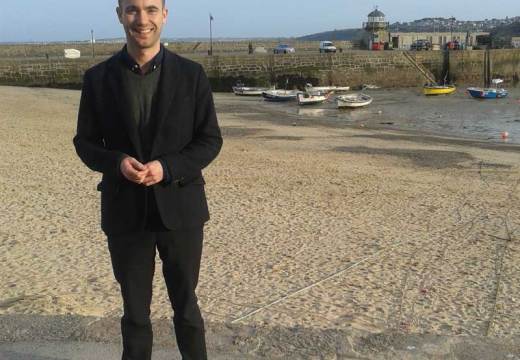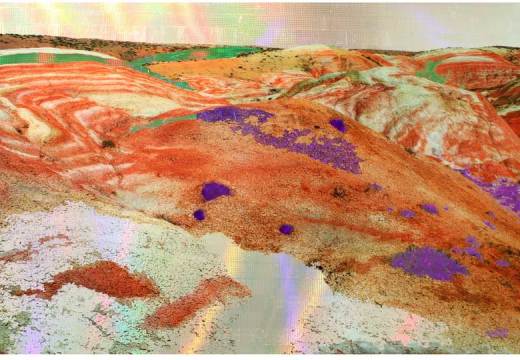The outpouring of sympathy that greeted the recent fire at the Glasgow School of Art was in part a response to the damaged wreaked on Charles Rennie Mackintosh’s beautiful art nouveau building, but it was moreover symptomatic of the affection and renown with which the school is regarded on a national and international level. As the publicity and interpretative material surrounding the massive, multi-site show ‘Generation: 25 Years of Contemporary Art in Scotland’ implicitly (and sometimes not so implicitly) reminds its audience: since 1996 multiple nominees for the Turner Prize have emerged from the Scottish art scene, many directly linked to the Glasgow School of Art, and six of them have won.
‘Generation’ consists of over 60 exhibitions across Scotland, from Glasgow, Edinburgh and Dundee to North Uist and Orkney, the cultural complement to the Commonwealth Games which Glasgow hosts this July. The project, of course, anticipates another major event this autumn, but remains understandably silent regarding referendum politics. Serendipitously (or cannily), ‘Generation’s stress on the international achievements of Scotland-based artists neatly positions it to chime with whichever mood prevails – better together, or better apart.
Although a show this large will inevitably feel tight in places while baggy in others, particularly given the general and local problems involved in stressing nationalism as a linking theme, the work is more than capable of fending for itself and establishing its own micro-climates. At the Scottish National Gallery in Edinburgh, each of the high-ceilinged galleries plays home to pivotal works by individual artists – Callum Innes, Christine Borland and Steven Campbell – while Martin Boyce’s installation Our Love is Like the Flowers, the Rain, the Sea and the Hours (2002) fills the main space with its bleached fluorescent lighting and mordant chain-link fences. The contrast between this bleak vision of urban life and the confection of pastel plastic sheeting by Karla Black over the stairwell underlines the diversity of the work produced by artists living and working in Scotland, leaving very different pieces to exist in the same space without forcing connections.
This impression of vibrant miscellany continues elsewhere, notably at the Fruitmarket Gallery where Jim Lambie has transformed the upper level into a genuinely psychedelic experience with his disorientating Zobop (1999) vinyl piece, which careers vertiginously across the floor. Downstairs, viewers can play games of cat-and-mouse with their reflections among a forest of mirrored ladders, which capture the uneasy, slightly panicked elation of funfairs and raves in equal measure. Up on Calton Hill at Collective, Ross Sinclair is giving away free guitars, alongside an installation of his 1996 piece Real Life, Rocky Mountain, which wryly punctures romantically inflated conceptions of the Highlands.
After its ‘official’ launch in Edinburgh, Glasgow ‘Generation’ exhibitions kicked off on Friday evening at the Tramway with the promise of ‘no speeches’, and the party proper rolled on into Dundee on Saturday with multiple performances and the exhibition ‘Continue Without Losing Consciousness’ at Dundee Contemporary Arts.
If this foolhardy onlooker (recently transposed from the other side of the border, at that) wanted to attempt an equally foolhardy reading of the current mood surrounding Scottish independence from ‘Generation’, then the conclusion would have to be: complex, nuanced, unpredictable, self-aware, packed with diversity and evidence of creativity, and understandably confident about whatever the future holds.
‘GENERATION: 25 Years of Contemporary Art in Scotland’ is a nationwide programme of exhibitions and events.
Related Articles
Salvage efforts continue at the Glasgow School of Art
Cutting off: Alison Watt’s tapestry for Scottish Opera unveiled at Dovecot Studios (Claudia Massie)
Masterpieces from the Scottish National Gallery
Remembering Alan Davie (1920–2014) (René Gimpel)






















![Masterpiece [Re]discovery 2022. Photo: Ben Fisher Photography, courtesy of Masterpiece London](http://zephr.apollo-magazine.com/wp-content/uploads/2022/07/MPL2022_4263.jpg)
‘Like landscape, his objects seem to breathe’: Gordon Baldwin (1932–2025)